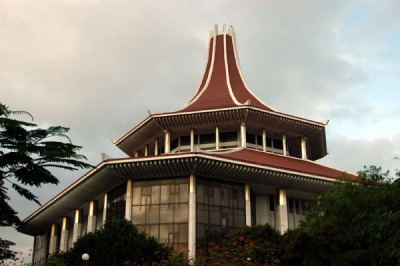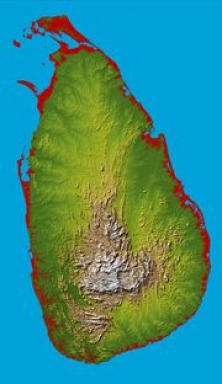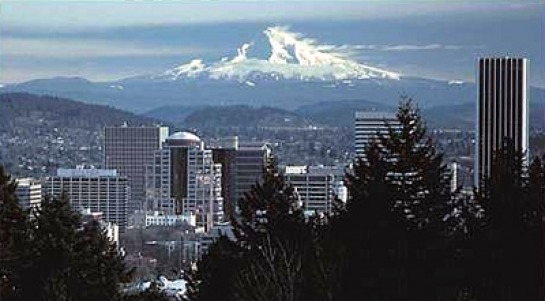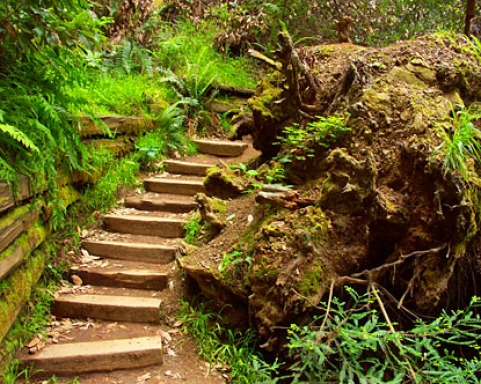Home In Sri Lanka

Due to its location in the path of major sea routes, Sri Lanka is a strategic naval link between West Asia and South East Asia, and has been a center of Buddhist religion and culture from ancient times. Today, the country is a multi-religious and multi-ethnic nation, with nearly a third of the population following faiths other than Buddhism, notably Hinduism, Christianity and Islam. The Sinhalese community forms the majority of the population, with Tamils, who are concentrated in the north and east of the island, forming the largest ethnic minority. Other communities include the Muslim Moors and Malays and the Burghers.
Sri Lankan History

The earliest-known inhabitants of the island now known as Sri Lanka were probably the ancestors of the Wanniyala-Aetto people, also known as Veddahs and numbering roughly 3,000. Linguistic analysis has found a correlation of the Sinhalese language with the languages of the Sindh and Gujarat, although most historians believe that the Sinhala community emerged well after the assimilation of various ethnic groups. From the ancient period date some remarkable archaeological sites including the ruins of Sigiriya, the so-called "Fortress in the Sky", and huge public works. Among the latter are large "tanks" or reservoirs, important for conserving water in a climate that alternates rainy seasons with dry times, and elaborate aqueducts, some with a slope as finely calibrated as one inch to the mile. Ancient Sri Lanka was also the first in the world to have established a dedicated hospital in Mihintale in the 4th century BCE. Ancient Sri Lanka was also the world's leading exporter of cinnamon, which was exported to Egypt as early as 1400 BCE. Sri Lanka was also the first Asian nation to have a female ruler in Queen Anula (47–42 BC).
Sri Lanka is considered one of the "world's most politically unstable countries" by the World Bank and Asian Development Bank . The Economist labels Sri Lanka a "flawed democracy" in its 2006 rankings and Foreign Policy ranks Sri Lanka 25th (Alert Category) in its Failed States Index for 2007. However, Sri Lanka, according to the US State Department in 2005, was classified a "stable democracy" amidst a ceasefire period of the the long running civil war.
Home In Portland

Portland lies at the northern end of Oregon's most populated region, the Willamette Valley. (As the metropolitan area is culturally and politically distinct from the rest of the valley, local usage often excludes Portland from the valley proper.) Although almost all of Portland lies within Multnomah County, small portions of the city lie within Clackamas and Washington counties, with mid-2005 populations estimated at 785 and 1,455, respectively. The Willamette River runs north through the city center, separating the southwest and southeast quadrants of the city, before veering slightly northwest to join with the Columbia River (which separates the state of Washington from the state of Oregon) a short distance north of the city.
Hiking on the Weekends

Hiking is one of the fundamental outdoor activities on which many others are based. Many beautiful places can only be reached overland by hiking, and enthusiasts regard hiking as the best way to see nature. It is seen as better than a tour in a vehicle of any kind (or on an animal; see horseback riding) because the hiker's senses are not intruded upon by distractions such as windows, engine noise, airborne dust and fellow passengers. Hiking over long distances or over difficult terrain does require some degree of physical ability and knowledge.
